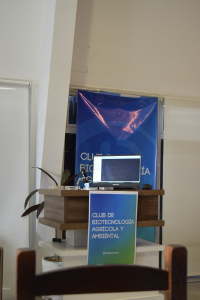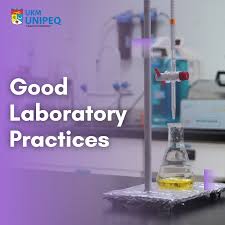
A parasitology course describes the study of parasites, including their life cycles, biology, and how they cause disease. Course content typically covers protozoans and helminths, their relationship with hosts, host immune responses, and the epidemiology, diagnosis, treatment, and control of parasitic diseases. These courses usually include lectures, laboratory sessions for identification and diagnosis, and may incorporate research projects.
- Teacher: Diana Chemtai


